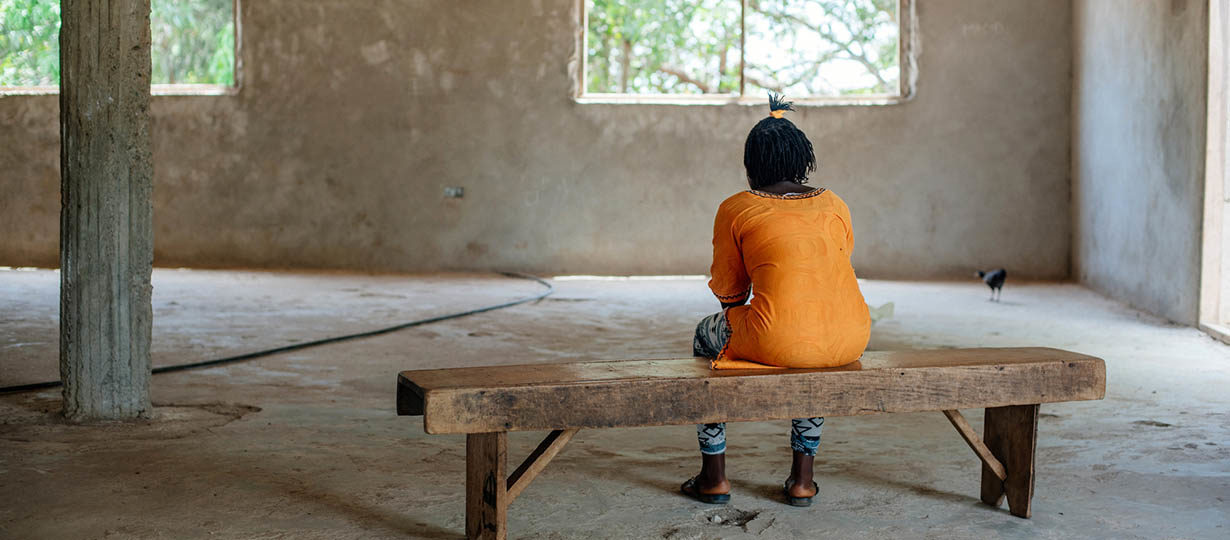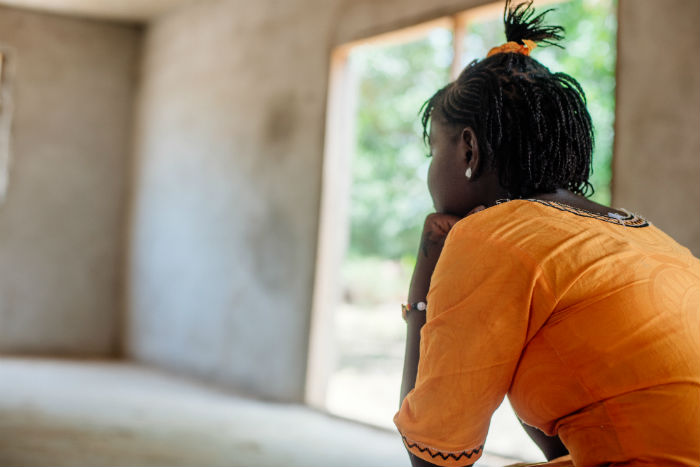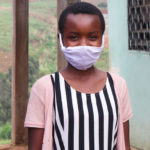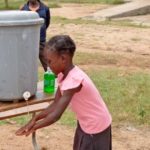News and Stories - - 13 May 2020
Fighting Female Genital Mutilation (FGM)

Changing hearts and minds in Sierra Leone
Right now, approximately 200 million girls around the globe are living with the consequences of Female Genital Mutilation (FGM).
It’s a practice that is both harmful and unnecessary, has no medical grounds, and poses extreme risks to a girls’ physical, menstrual and sexual health, including fertility. It’s an extreme violation of a girl’s right to ownership over her body, has the potential to cause devastating psychological trauma, and in some cases, can prove fatal.
Though more and more communities are beginning to act on the risks associated with FGM, it’s estimated that between now and 2030, more than four and half million girls a year will be subjected to the practice.
Marie is 15 years old. In Sierra Leone, where she lives, FGM is seen as an essential part of a girl’s initiation into an ancient society known as Bondo. This initiation marks the transition into womanhood and is a sign of a girl’s readiness to marry.
For Marie, the likelihood of FGM was high. Her older sister had already undergone the procedure and her own mother – a local Sowei (community decision maker) – was an FGM practitioner. But when the time came for Marie, she refused.
“ I am totally against the practice of FGM,” she says, “but it has been my mother’s source of income for my whole life. That is how she has been able to take care of us. It’s how she paid for our schooling, our food – all of our family’s needs. When I told my mum that I was not willing to be initiated, I was fortunate because she supported my decision.”
Since speaking out about the practice, Marie has become a respected activist in her community. She now mentors in schools, talking to girls about the dangers of FGM, and their right to make their own decisions when it comes to their bodies. And it’s working.
“So far, none of my friends or any other girls my age have been forced to undergo FGM or get married.” She says. “Because of our work, that practice has been stopped – taking younger girls to be initiated.”
Marie’s stance on FGM was fostered by community awareness raising sessions, through education at school, and by a Plan International project she participates in called ‘My Sexuality My Right’.
The project, facilitated by Plan International and two local partners, currently runs in 10 communities in Sierra Leone and targets girls and young women aged 11-19. It aims to end the practice of FGM and child marriage, and empower girls with the sexual and reproductive knowledge they need to take control of their own bodies and futures.
Through a variety of outreach sessions and intergenerational dialogues within the community, many aimed at practitioners themselves, the project builds widespread awareness around the risks of female genital mutilation, “There have been a lot of events in our community over the past few years to help the Soweis learn about the harm that they have been doing.” Marie explains.
Plan International also offers vocational training and economic empowerment opportunities for FGM practitioners, to assist them in leaving the trade behind and finding a new source of income to support their families.
Despite going against the status quo, Marie knows that her dedication is paying off. Not only is FGM becoming less prevalent in her community, but her activism has had a profound impact on her mother too – it has been two years since she carried out an FGM procedure.
So how does it feel to know that her voice is having an impact?
“In the past, girls wouldn’t be allowed to speak out in public very much. But now, things are changing. It is a great feeling to know that I am helping to make a difference.”
We’re working with girls like Marie, and communities around the globe to end the practice of FGM.
Isha was subjected to FGM when she was just 12 years old and is now determined to change her future – learn about her story in our current tax appeal.



